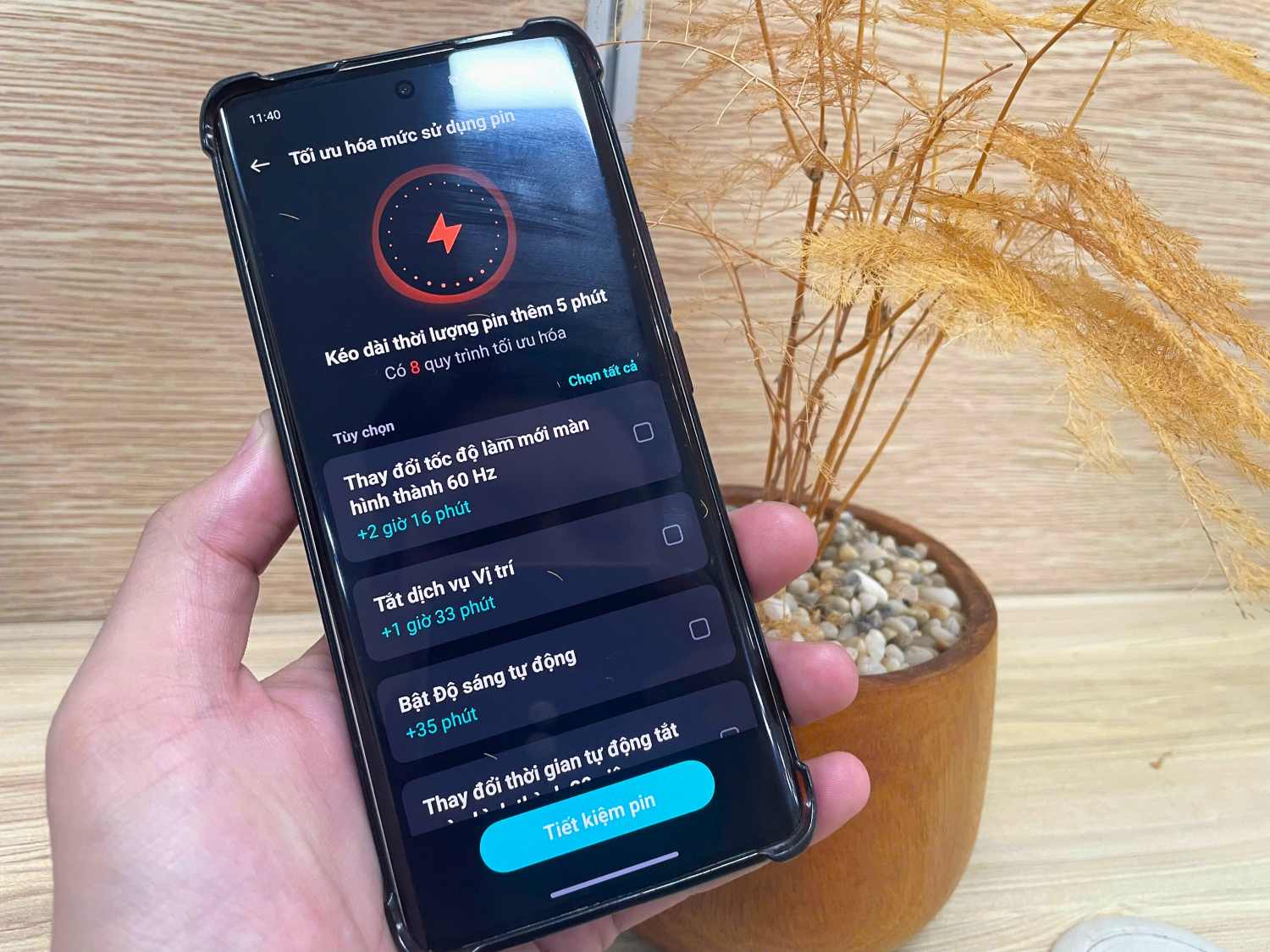
Researchers at the Georgia Institute of Technology have developed a new metal combination that could change the future of solid-state batteries. By mixing lithium with the soft drink sodium, the research team has found a way to significantly reduce the pressure needed for these batteries to work.
This innovation could create lighter, more durable energy for everything from smartphones to electric vehicles. The discovery was later published by the lab of Matthew McDowell, a professor in the Department of Mechanical Engineering of Science and Technology of the Georgia Institute of Technology.
solid-state batteries promise higher energy density and are safer than lithium-ion batteries. Batteries use solid electrolytes instead of flammable fluids, making them more stable. However, this type of battery often requires high pressure to operate. The metal sheets needed to create that pressure are often heavier and bulky than the battery itself. According to McDowell, this is what makes the battery heavy and bulky. That challenge has caused solid-state batteries to not be widely used, despite years of extensive research and advertising.
However, a research team led by Georgia Tech scientist Sun Geun Yoon found that adding sodium to lithium would change the picture. Sodium is not active during the battery's electrification process, but its softness plays an important role.
The addition of sodium metal is a breakthrough, McDowell said. This seems to be in contrast to the mechanism because sodium does not work in the battery system, but it is very soft, helping to improve lithium performance. When combined with lithium, it easily deforms under lower pressure, keeping better contact with solid electrolytes. This improves overall battery performance.
Thanks to that, phone batteries will have a longer life or help electric vehicles travel 500 miles with just 1 charge. The ability to reduce pressure requirements without reducing energy capacity, opens a new revolution to expand the scale of solid-state batteries.
According to McDowell's team, although there are still many challenges before commercialization, the group continues to experiment with new materials. Their goal is to make solid-state batteries more competitive with standard lithium-ion batteries. If successful, this change could mark a major leap in battery technology.










